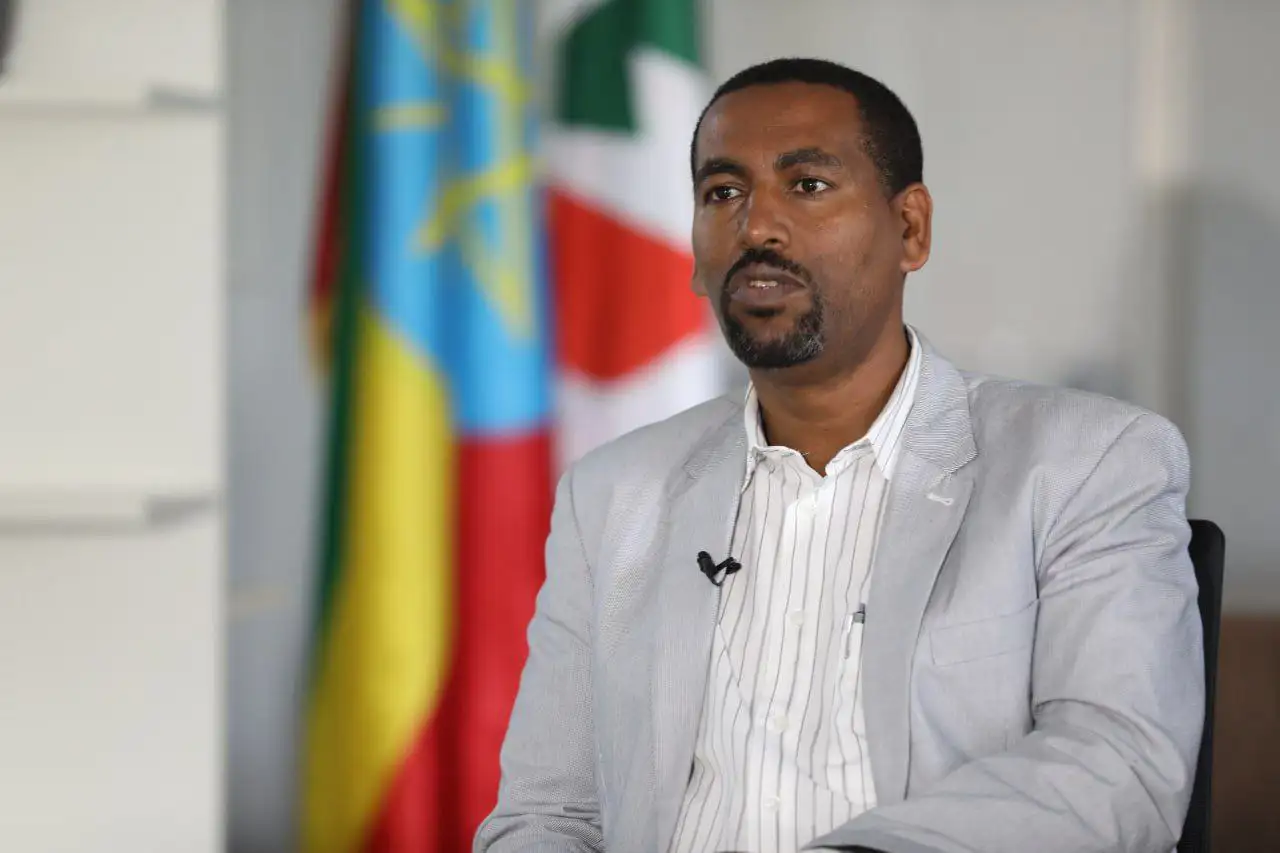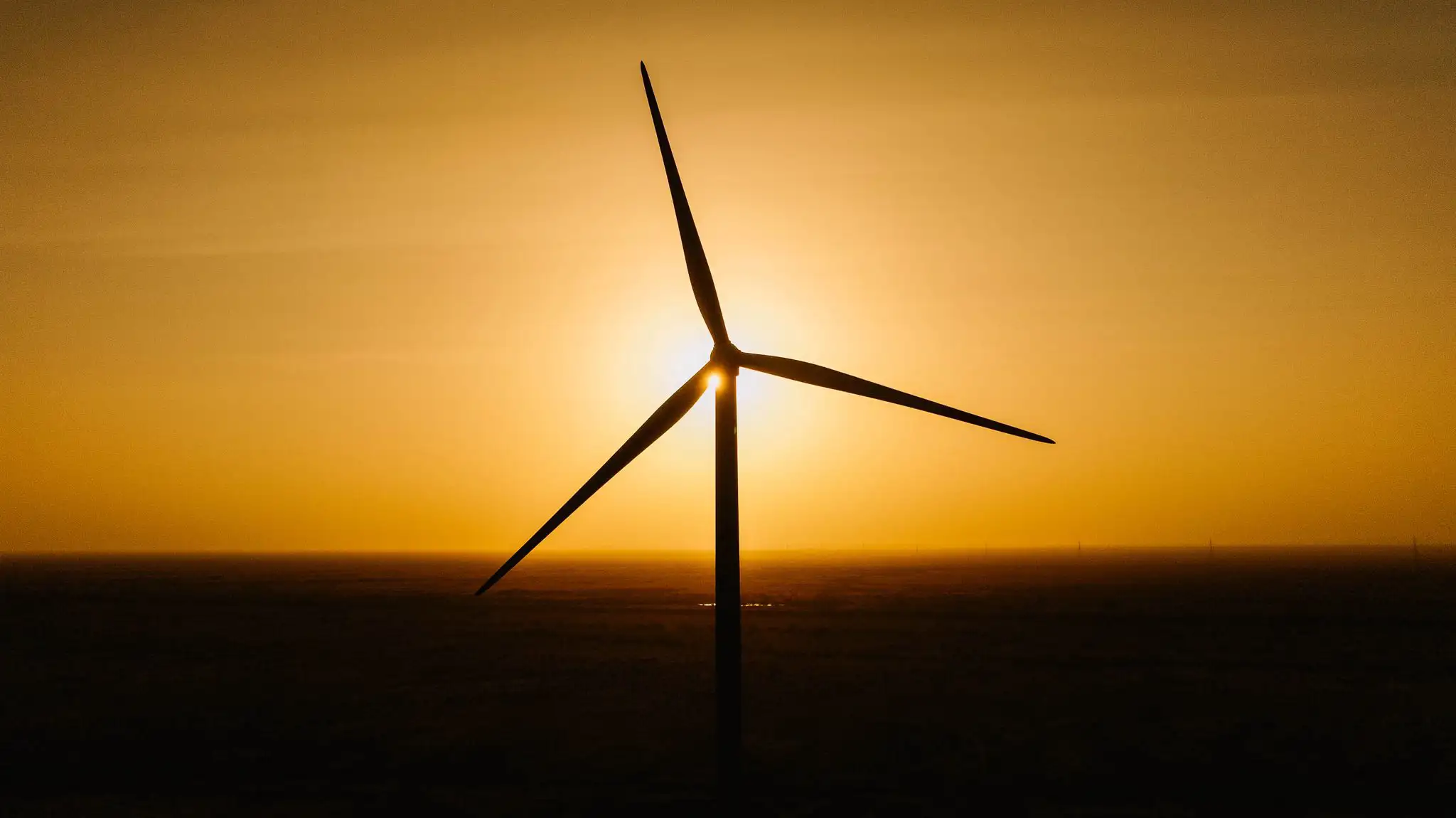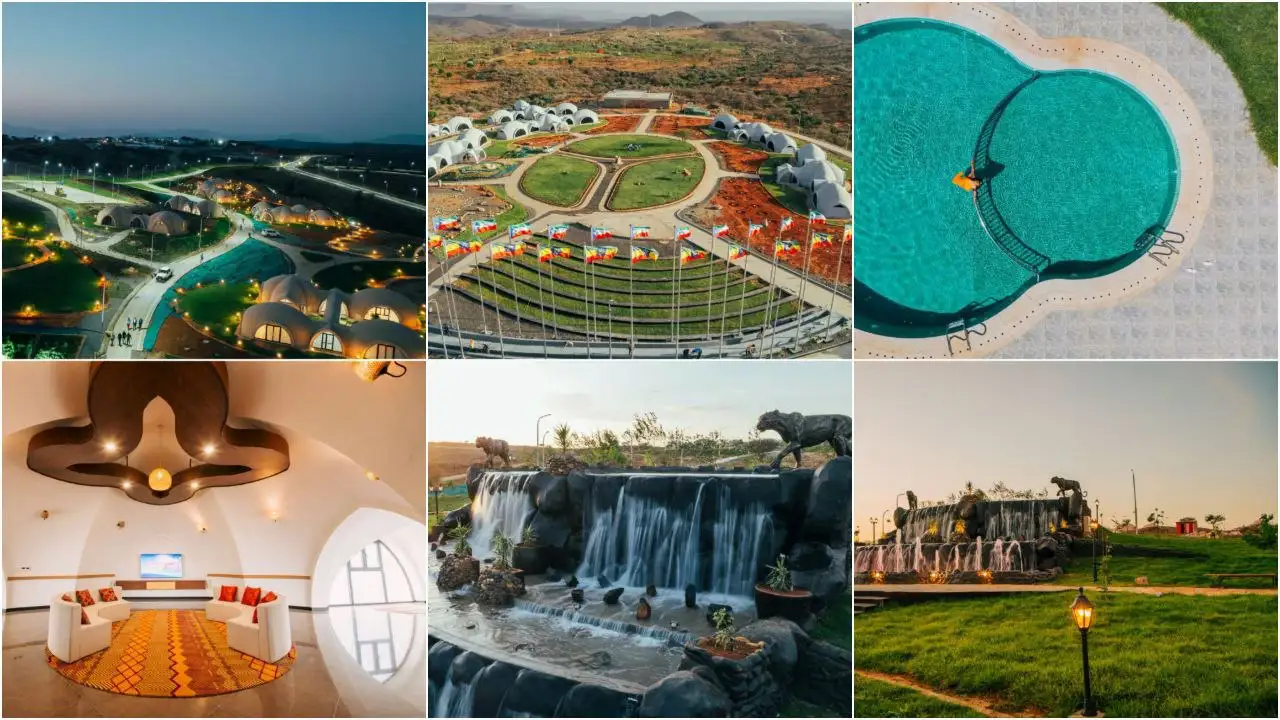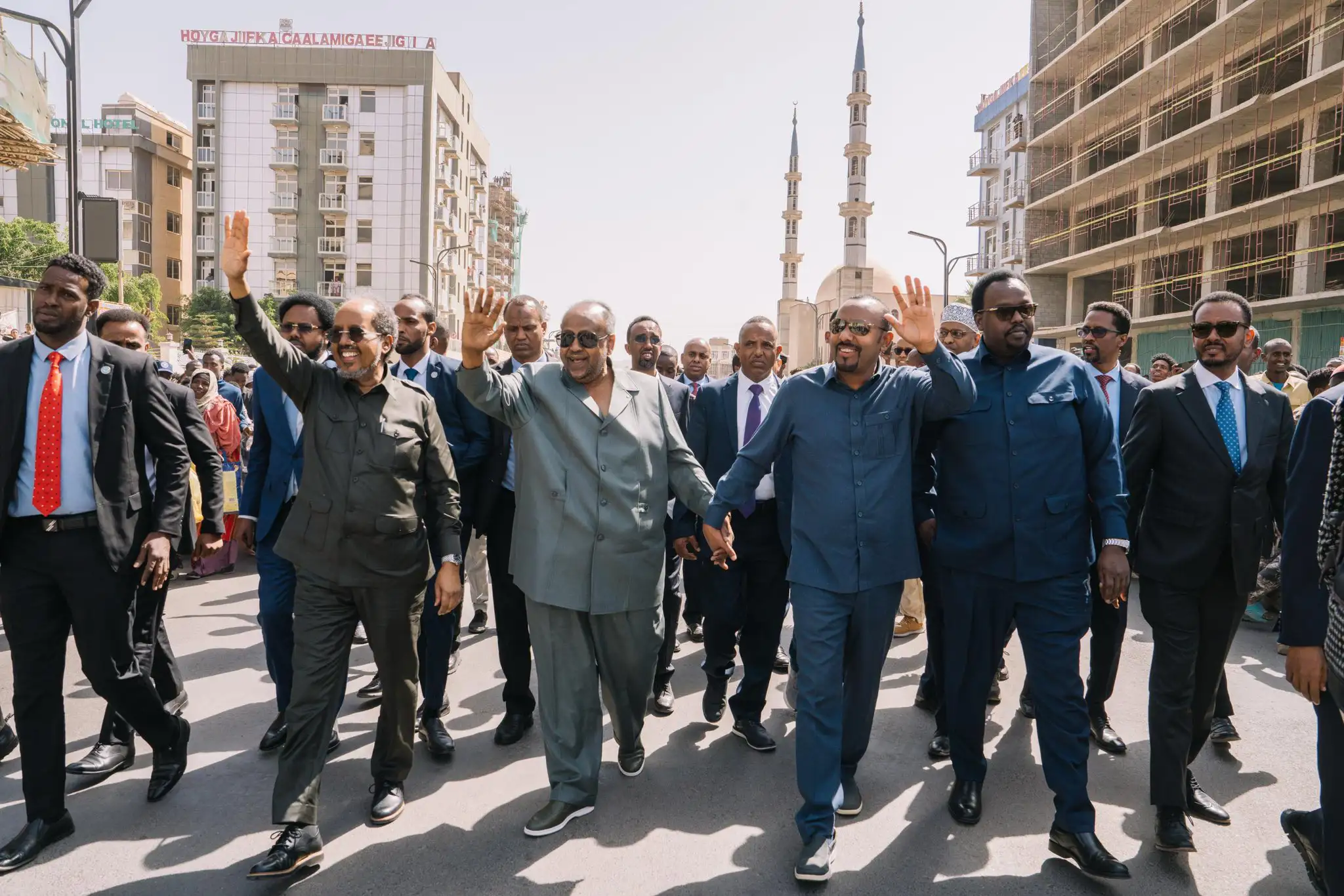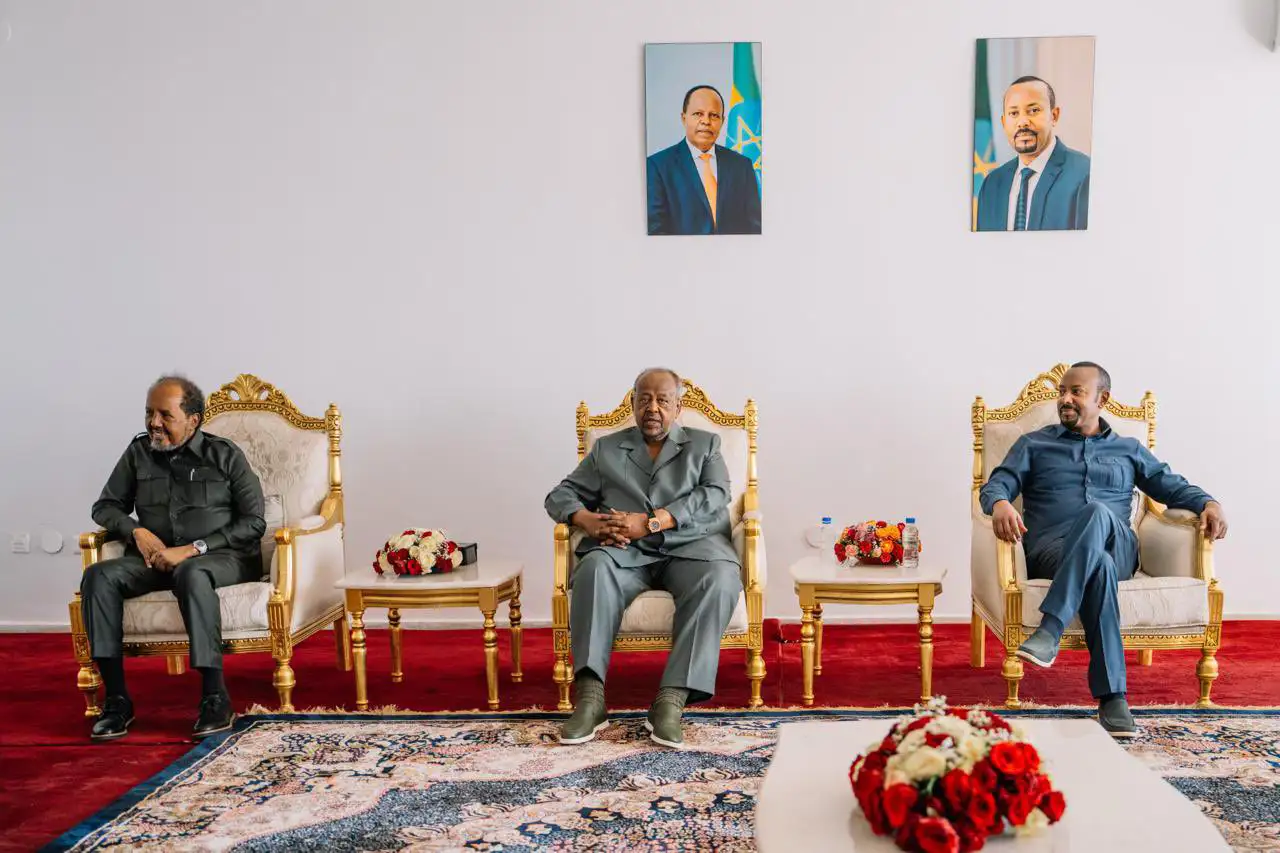Ethiopia today officially inaugurated the Grand Ethiopian Renaissance Dam (GERD), the largest hydroelectric dam in Africa, a project promising to revolutionise the nation's energy access, foster regional cooperation, and challenge historical power dynamics surrounding the Nile River.
The partial operation of the dam has already boosted Ethiopia's domestic power supply and access from 44% to 54%.
Moges Mekonnen, Director of Communications at Ethiopian Electric Power, speaking from his office at the company headquarters in Addis Ababa, stated that the full operationalisation of the GERD will provide electricity to many Ethiopians who have lived in darkness for generations.
“The inauguration is a monumental achievement," said Mr. Mekonnen, residing at Bole Subcity, Addis Ababa. "It signifies our ability to overcome past challenges and utilise the Nile equitably for the benefit of all Ethiopians.” He projects that the expanded infrastructure resulting from the dam will increase national energy access to 78% in the coming years.
According to Moges, job creation is another key anticipated benefit. He believes the dam will stimulate the Ethiopian economy, particularly for its young population. "The GERD will catalyse industrial expansion and economic revitalisation in our cities, creating much-needed job opportunities," Moges explained. This includes expansion of existing factories and the establishment of new ones, bolstering national production capacity.
He also recommends prioritising skills development programs alongside industrial growth to maximise employment opportunities for young people.
Beyond Ethiopia’s borders, Moges emphasised the dam’s potential benefits for downstream nations. "Egypt and Sudan will gain access to a more consistent and balanced water flow throughout the year, reducing the risk of silt accumulation in their dams," he said. This, he argues, fosters regional stability and cooperation.
Furthermore, Moges believes Ethiopia is demonstrating a commitment to development based on mutual benefit and is promoting infrastructure connectivity between African countries as envisioned in the African Union’s Agenda 2063.
Ethiopia’s stance of shared development and equitable water usage, according to Mr. Mekonnen, is gaining traction among other nations.
He asserts that the GERD holds significant diplomatic weight, promoting stronger ties between East African countries by providing an economic foundation for cooperation.
The dam, according to the Director, reframes Ethiopia as a force for collaboration, rather than conflict. He claims it rectifies historical injustices stemming from colonial-era water use agreements established by Egypt, Sudan, and colonial power England in 1929 and 1959, which excluded Ethiopia. “Ethiopia has always resisted injustice and oppression,” Mr. Mekonnen declared. “This project represents another victory for our nation, echoing the spirit of Adwa.”
Moges concluded by reiterating that the Renaissance Dam extends beyond Ethiopia's immediate needs, serving as a catalyst for strengthened regional ties and a more equitable distribution of resources, ending what he describes as centuries of unjust exploitation between Egypt and Sudan.
He recommends ongoing dialogue and collaboration among all stakeholders to ensure the dam's benefits are realised equitably and sustainably across the region.
